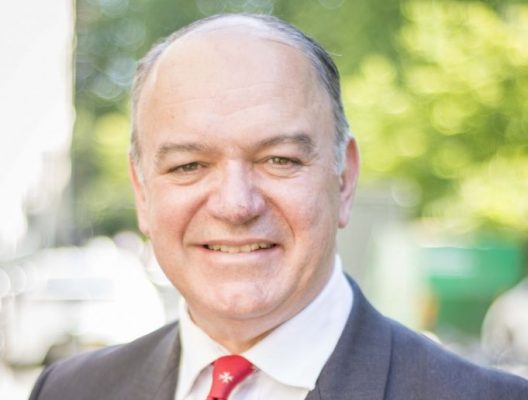James Bogle, senior civil practitioner at 10 Kings Bench Walk, led for the applicants in both the Court of Appeal and the Court of Protection for the birth family of a man who had sustained severe brain damage and was in coma and against whom a decision had been made that it was not in his best interests to receive food and water by tube. The Court of Appeal refused permission to appeal on the basis that the decisions were rightly based upon the medical evidence, and that the withdrawal of food and water from someone who was possibly capable of suffering or feeling pain was not incompatible with Article 2 (the right to life) of the Convention. The court did not expressly consider the contention that Article 3 (freedom from inhuman and degrading treatment) might be engaged. Per King LJ, the court would review an earlier best interests determination on the production of compelling new evidence but that the evidence of the Polish doctor proposed, albeit incomplete, did not fall into that category. An argument was made to the Court of Protection on the basis of the Vienna Convention on Consular Relations 1963, in response to an application by the Hospital Trust, on the basis that the patient, a Polish citizen living in the UK, should be visited by the Polish Consul General in hospital, a Polish medical specialist be permitted access to the medical records and to conduct a remote assessment (additional assessments in the UK having been refused), and that, to ensure that the patient was still alive when the Polish government approached the UK government to protect the patient’s rights, feeding and hydration be again reinstated. Article 36 of the Vienna Convention required that consular officials be free to “communicate with nationals of the sending State and to have access to them” and to safeguard the interests of “persons lacking full capacity who are nationals of the sending State”. The court held that such provisions extended to those in prison, custody or detention but not to those detained in hospital, that the patient, although unable to communicate any wishes, would not wish it and that remote medical assessment, without speaking to the treating staff and without seeing the records, notes and scans (access to which was denied), would carry little weight.
James Bogle appears in the Court of Appeal and Court of Protection for the family of a Polish national whose life-sustaining treatment had been withdrawn January 13 and 18, 2021

